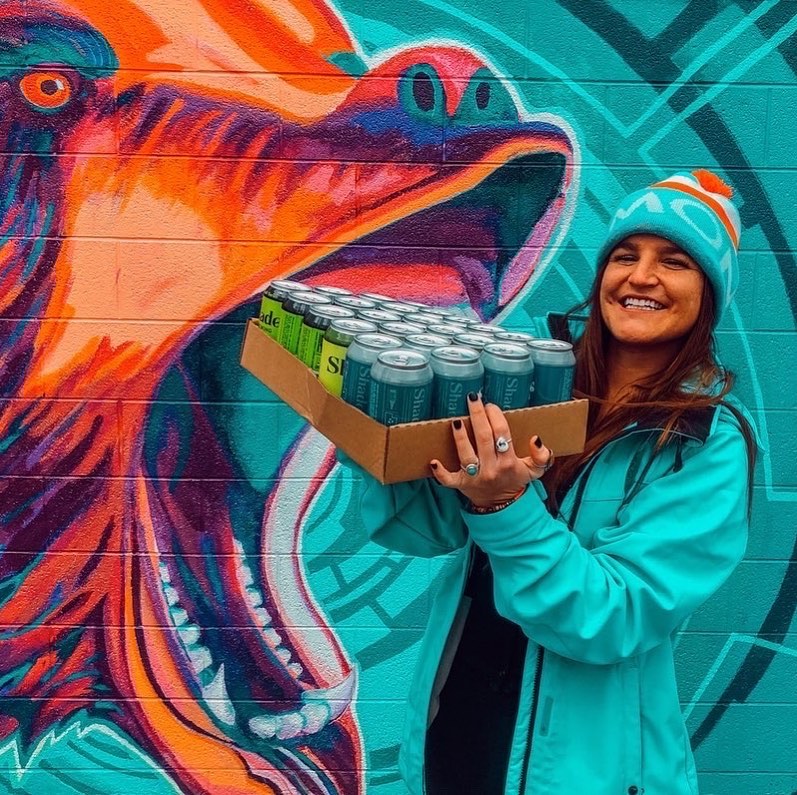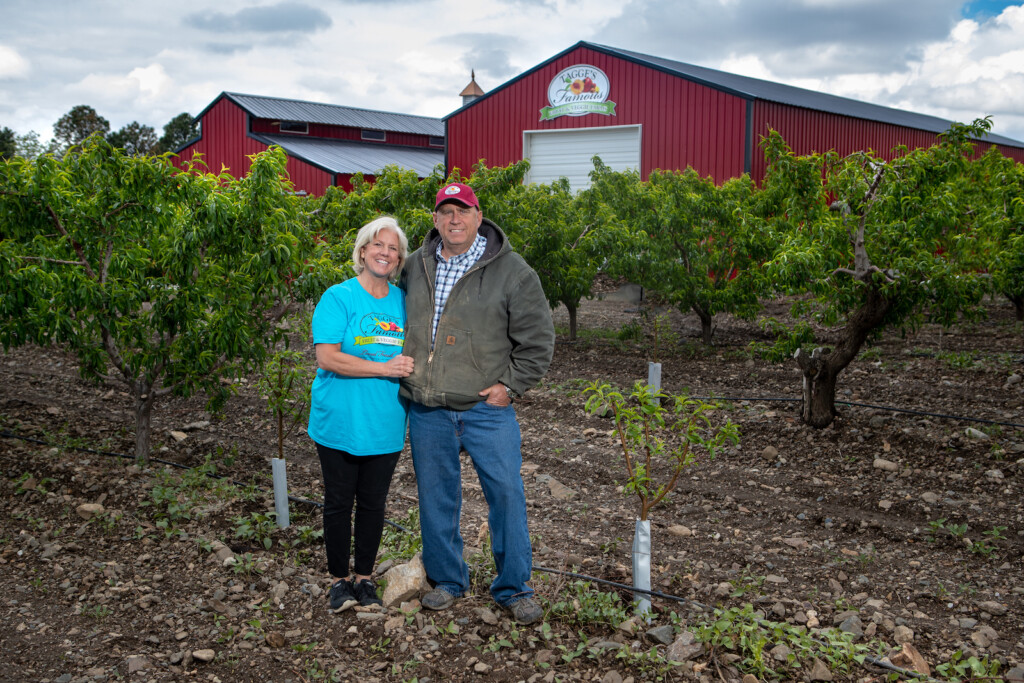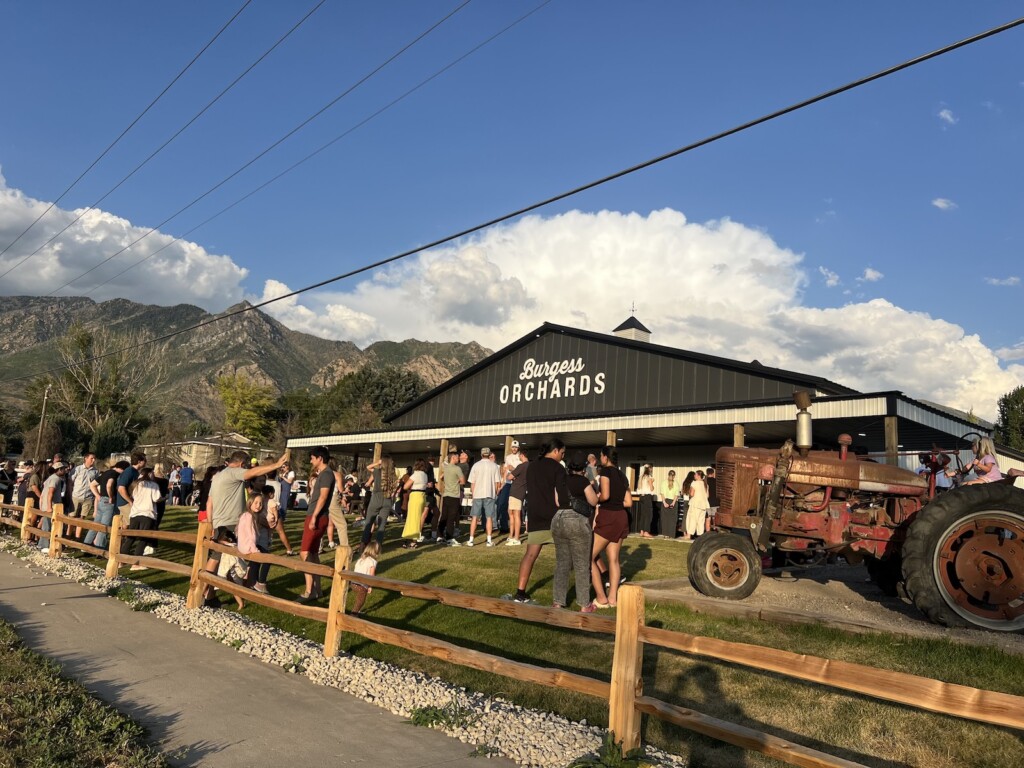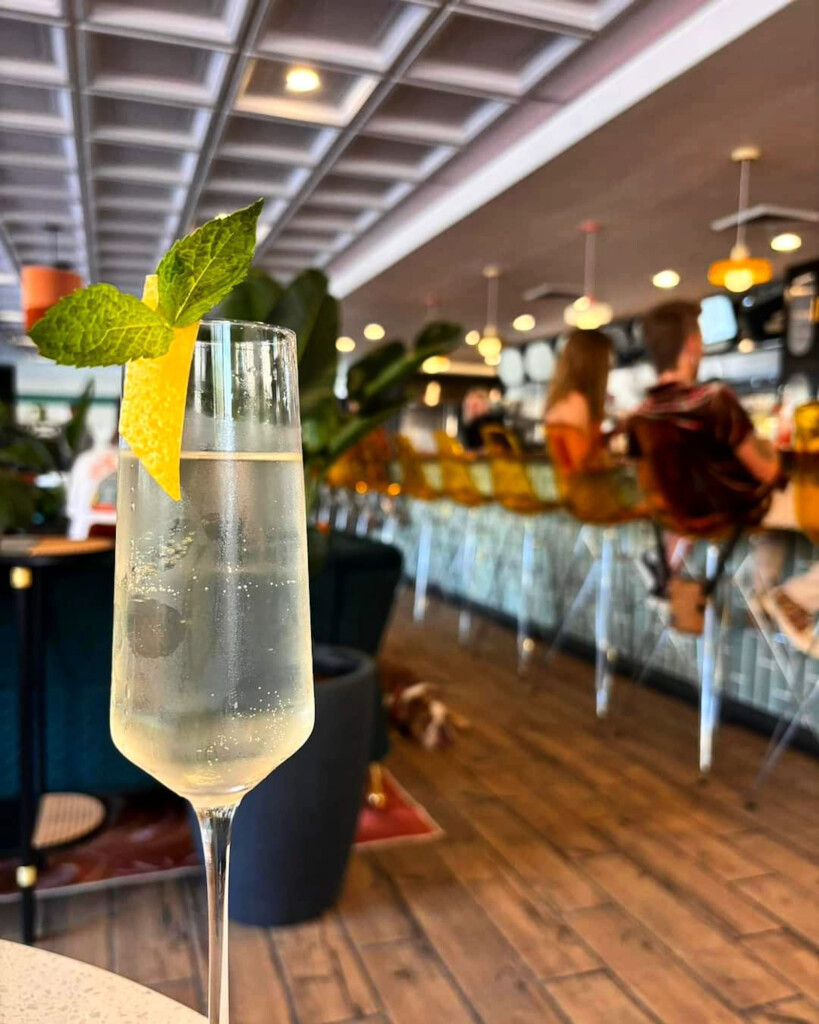COVID-19 dominated headlines in March 2020. The hammer fell on the hospitality industry mid-month when Salt Lake County ordered bars and restaurants closed to dine-in customers. It wouldn’t be long before the rest of the state followed suit.
The pandemic forced Utah’s craft breweries to pivot. Creativity and innovation were no longer luxuries; they were now necessary for survival.
“We opened with a model of being taproom-only where everybody’s coming to us,” said Cody McKendrick, whose Bewilder Brewing opened its doors in December 2019. “All of a sudden, we’re in an economy where nobody can come to you. It was pretty terrifying.”
Bewilder’s draft-only model at the time meant it needed to find ways to get its beer to consumers who could no longer drink inside its taproom. The fledgling brewery began filling growlers (using a machine on loan from a fellow brewer) and ordered custom growlers. It revamped its website and leaned into social media to “communicate the good, the bad, and the ugly that we were facing,” McKendrick said.
“If we didn’t make it through, we didn’t want anybody to say that it was for lack of effort,” he continued. Innovative tactics designed to draw people and keep the beer flowing included parking lot car shows, barbecues, and Pinewood Derby-style competitions.
“You name it, we gave it a shot,” he said.
In the meantime, Shades Brewing, which celebrated its 10-year anniversary in 2020, also jumped into action amid the uncertainty.
“When the pandemic came, we knew we had to come up with something,” said Alexandra Ortiz, Shades Brewing’s CEO. “You get a few minutes of freak out as a business owner. When we got the news that there was going to be a shutdown, it was momentary panic and then, ‘OK, guys, we need a solution.’”
Bewilder and Shades, like many breweries throughout the state, got creative. They implemented innovations to help them survive the onslaught of the pandemic and put them in position to emerge stronger in the long term.
Innovative Ideas to Keep Beer Flowing
In a matter of hours after learning of the shutdown, the Shades team decided to build a Quarantine Kit. The mixed case of 24 beers featured a variety of beer styles. Customers picked up the quarantine kits “dockside” — from a tent set up outside the brewery’s loading dock.
Shades also infused its acclaimed Kveik 1 sour ale with a variety of flavors to create sought-after limited-edition brews that patrons lined up to try. Then, Shades created a limited-edition within a limited-edition when it packaged and sold a Kveik Earthquake Series, which commemorated the 5.7 magnitude earthquake northern Utah felt on March 18, 2020.
Through it all, breweries statewide hustled to develop to-go procedures to ensure the health and safety of their staff and customers. Several got creative in how they transferred beer to consumers or maintained a connection with beer drinkers:
- Grid City Beer Works planned to open its doors in mid-March when word of the shutdown hit. It pivoted to temporarily become a curbside pub in April 2020.
- Kiitos Brewing took the opportunity amid shutdown to remodel its taproom and expand its tap handles.
- RoHa Brewing Project sold its new Transom Dark Pale Ale from an inflatable raft in its parking lot.
- Roosters Brewing conducted a “virtual tasting” of six beers, coupled with a beer education class, live on Facebook.
- SaltFire Brewing compiled “Self-Isolation Survival Packs,” which, at times, included beer, Girl Scout cookies, and condoms.
- Salt Flats Brewing included a bottle of hand sanitizer (produced by its distilling enterprise) with each $30 beer purchase.
A few breweries either built or expanded their patios for thirsty beer drinkers to enjoy their brews outside.
Moving Forward with the Community
Brewers continued to brew and sell beer with the hope the pandemic would soon end. Dine-in restrictions eased in late spring 2020 to provide some relief. Masked-up patrons could once again pull up a barstool and enjoy a (socially distanced) pint.
Still, breweries weren’t certain if or when the next shutdown would occur. Many ramped up packaging production to ensure their product was readily available in grocery and liquor stores. Others began canning their beers for the first time to better serve their communities.
“The support from the community was incredible,” Ortiz said. “People were literally driving to the businesses they loved just to support them. That is the only reason we stayed in business.”
McKendrick agreed.
“We’re thankful and it’s so meaningful to have received all the support of friends, family and the beer community — as consumers and other brewers,” he said. “We really feel like without that support there’s no way we could have gotten this far.”






